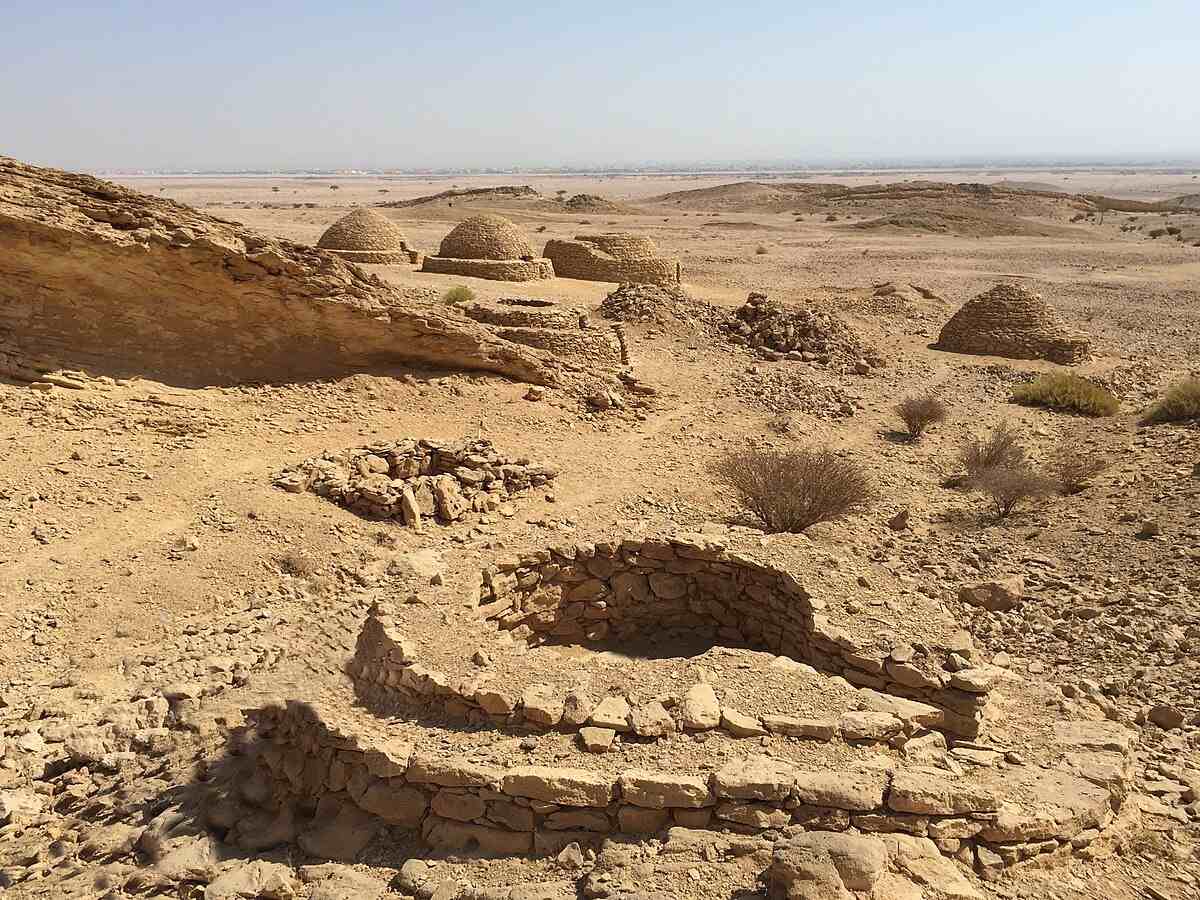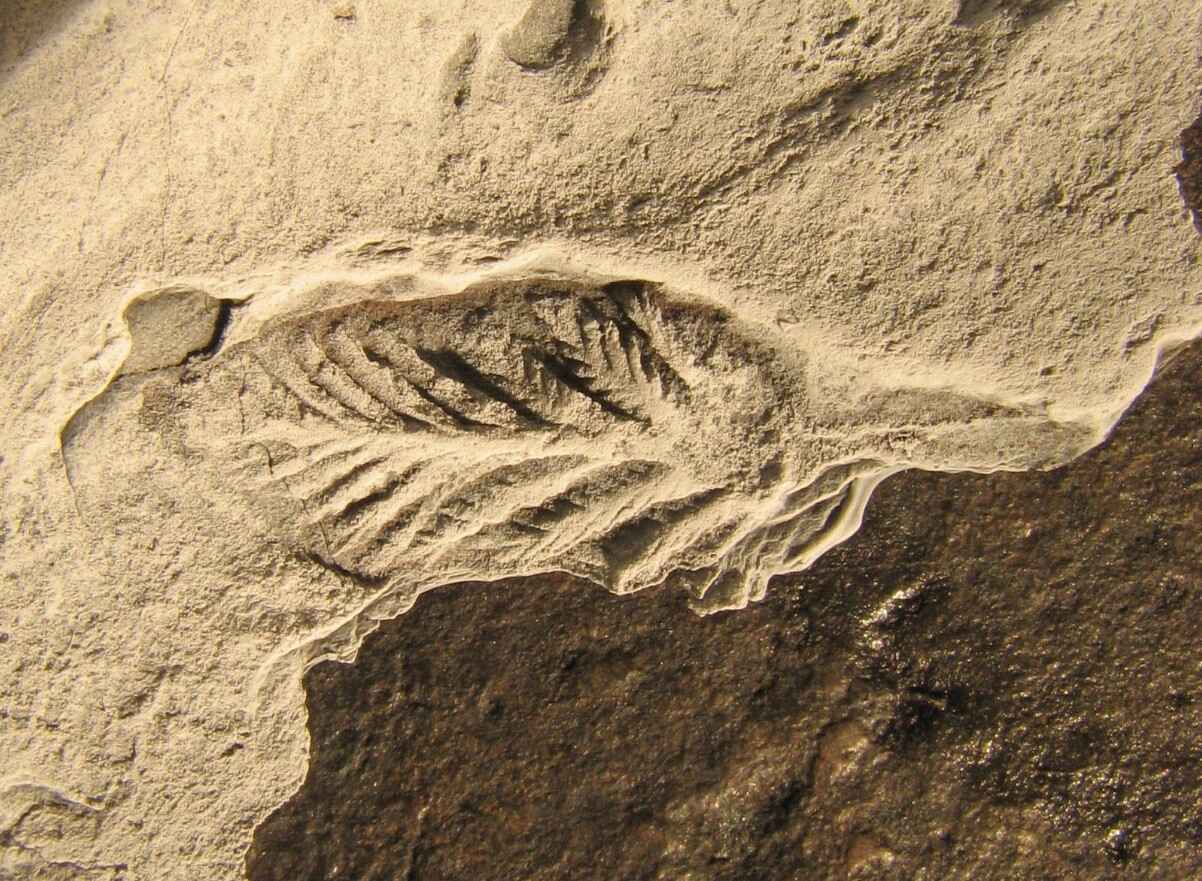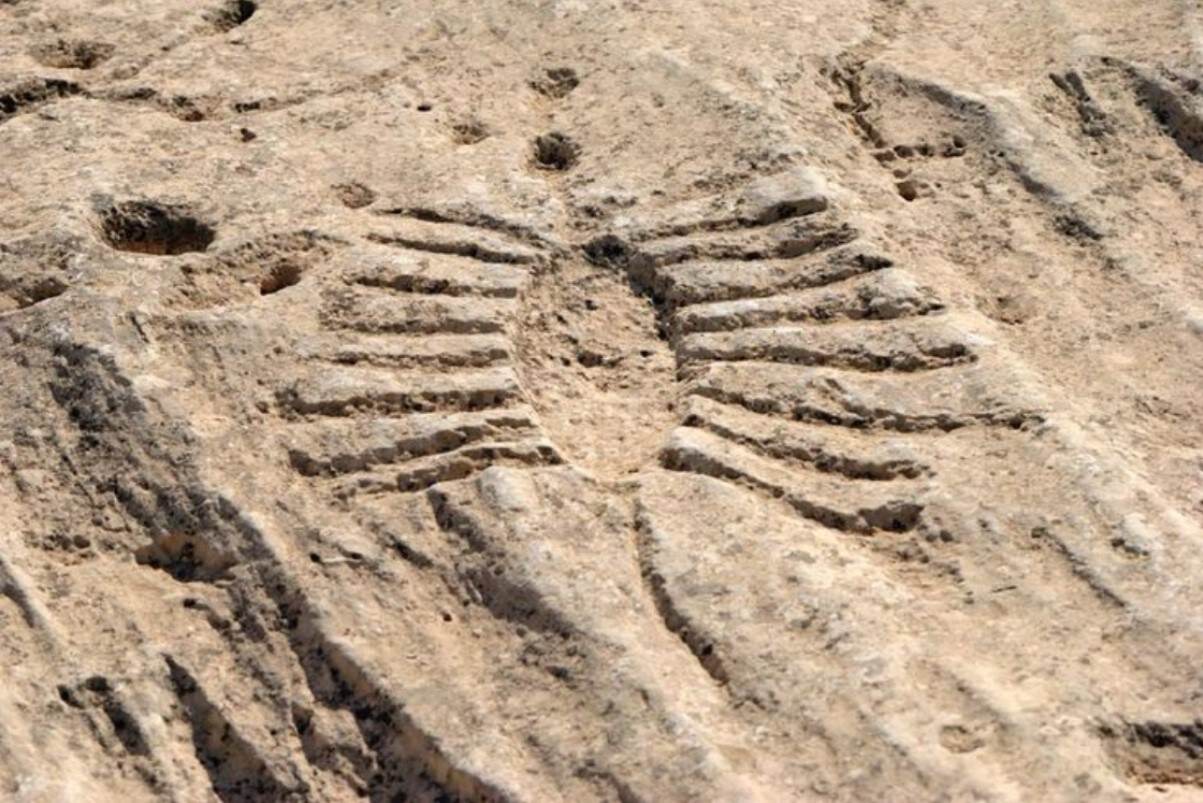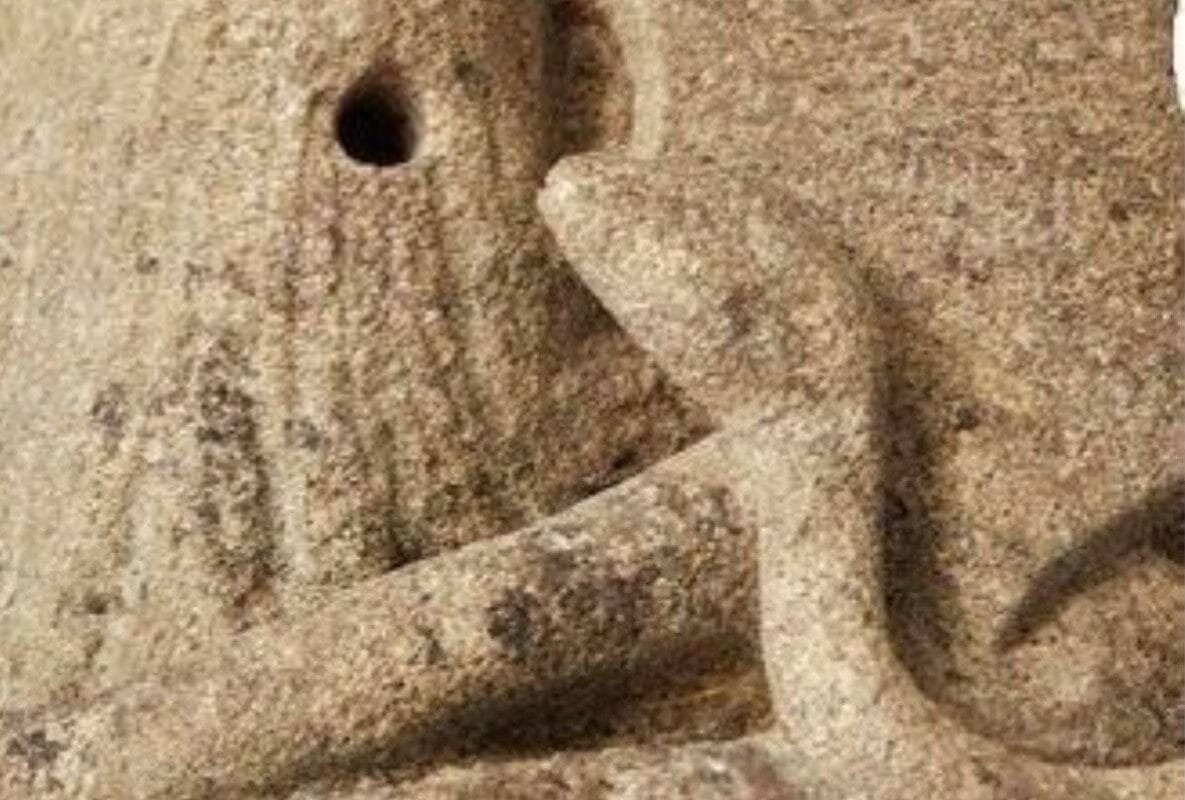Hidden Messages Or Creative Expressions: The Strange Symbols Of Qatar’s Desert
Ancient carvings known as petroglyphs, these mysterious symbols found in the deserts of Qatar have puzzled archaeologists and historians for years. They were first discovered in the 1960s and have since been extensively studied ever since.
Some of the symbols are shaped like sunbathing reptiles; others are mysterious depressions that look like ancient board games, while the rest are incredibly confusing.
Location: Al Jassasiya, Qatar
Al Jassasiya, an hour north of Qatar’s modern capital, is situated near the old pearling port of Al Huwaila and was discovered in 1957. A Danish team led by archeologist Holger Kapel and his son Hans Kapel undertook a study that cataloged the site into photographs and drawings.

Source: Wikimedia Commons
It is a desolate and windswept corner of Qatar’s northeastern coast, amongst the dunes of the desert in the Gulf Country’s largest and most important rock art site.
Age: A Window into the Past
The age of the petroglyphs is estimated to be around 5,000 years old, making them some of the oldest and most significant rock carvings in the Arabian Peninsula. Centuries ago, people used a series of low-lying limestone outcrops as a form of canvas on which they carved motifs, objects, and symbols that they observed in their environment.

Source: Pinterest
Since Al Jassasiya was discovered, archaeologists have found about 900 rock carvings.
Symbolism: Motif Carved by Ancient Civilization
The carvings are a mix of geometric designs, animals, and human figures. Some symbols are considered astronomical, while others illustrate hunting scenes and daily activities. The rest of the carvings are mysterious as they are still unknown to archaeologists.

Source: Pinterest
Some prominent carvings are boat carvings with different types of oars. “On some of the boats, the oars are not parallel as they should be when used for rowing, but pointing in different locations,” Frances Gillespie and Faisal Abdulla Al-Naimi wrote.
Preservation: Mystical Symbols in Qatar’s Desert
The petroglyphs are facing threats of erosion, natural weathering, and vandalism. The government of Qatar has taken measures to protect and preserve the site, including erecting a fence around the area.

Source: Pinterest
Despite extensive research, the meaning of some carvings still needs to be clarified. A few scholars speculate that they were used as art or communication, while others believe they had a religious significance. Further research is needed to unlock the secrets and meanings of the ancient symbols.
